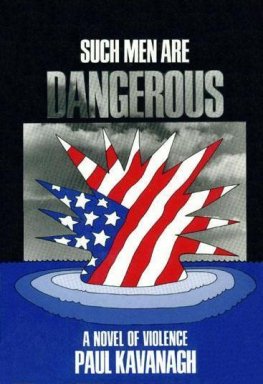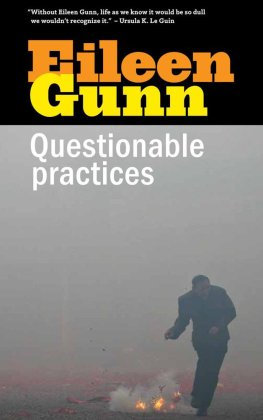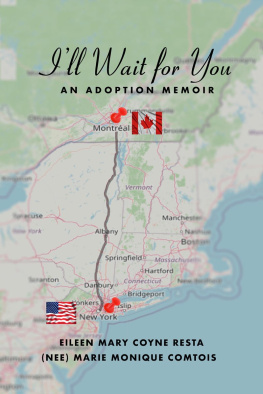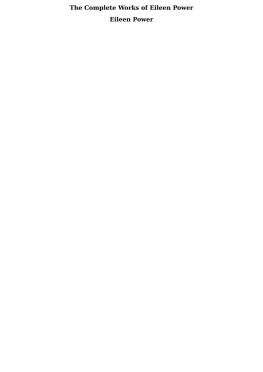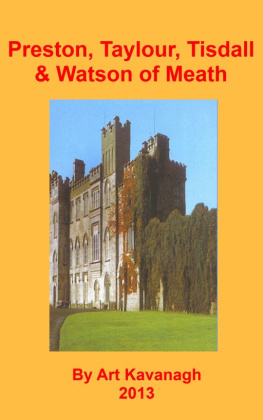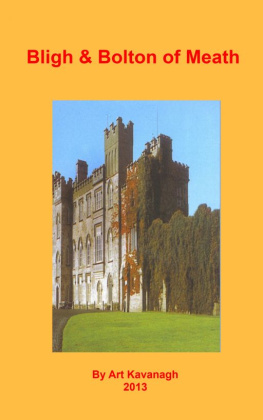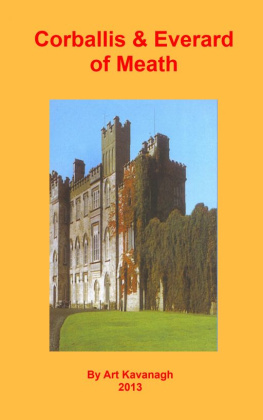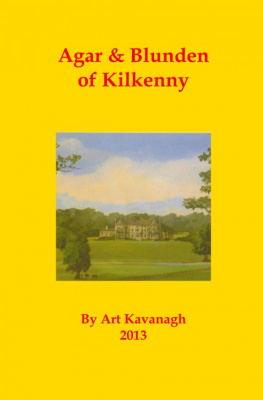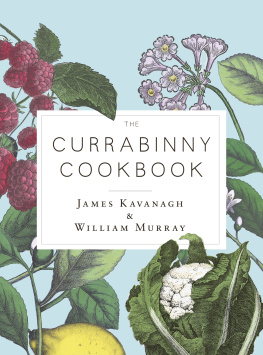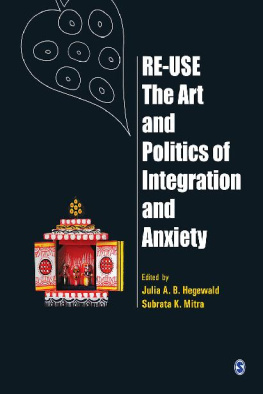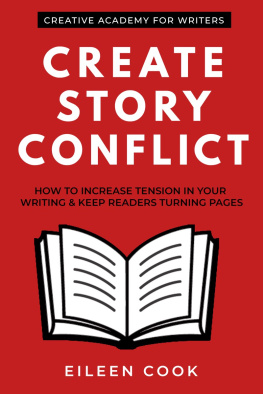Copyright Eileen Fauset 2009
The right of Eileen Fauset to be identified as the author of this work has been asserted by her
in accordance with the Copyright, Designs and Patents Act 1988.
Published by Manchester University Press
Oxford Road, Manchester M13 9NR, UK
and Room 400, 175 Fifth Avenue, New York, NY 10010, USA
www.manchesteruniversitypress.co.uk
Distributed in the United States exclusively by
Palgrave Macmillan, 175 Fifth Avenue, New York,
NY 10010, USA
Distributed in Canada exclusively by
UBC Press, University of British Columbia, 2029 West Mall,
Vancouver, BC, Canada V6T 1Z2
British Library Cataloguing-in-Publication Data
A catalogue record for this book is available from the British Library
Library of Congress Cataloging-in-Publication Data applied for
ISBN 978 0 7190 5557 7
First published 2009
18 17 16 15 14 13 12 11 10 09 10 9 8 7 6 5 4 3 2 1
Typeset in Sabon
by Servis Filmsetting Ltd, Stockport, Cheshire
Printed in Great Britain
by CPI Antony Rowe Ltd, Chippenham, Wiltshire
Preface and acknowledgements
My interest in Julia Kavanagh came about by chance in the early months of 1995. I was researching material on Irish women writers at Leeds Universitys Brotherton Library when I came across her name and a list of her major works in an early twentieth-century dictionary of Irish writers. At that time the name Julia Kavanagh meant nothing to me but I was immediately impressed by her literary output. After further enquiry I discovered that, apart from a few entries in nineteenth- and early twentieth-century biographical dictionaries, there appeared to be little else available about her life. However, my curiosity was aroused and I visited the British Library to read her two novels Nathalie (1850) and Adle (1858), chosen as a result of their popularity and reviews in The Athenaeum. I was not disappointed. While both novels were examples of the domestic fiction of the mid nineteenth century, to my delight they also engaged a strong element of sexual politics that spoke out against the social and sexual imbalance that was characteristic of the time. On the strength of these two novels, and on the little information I had discovered about Kavanagh herself, I wrote a paper on her for a conference organised by the International Association for the Study of Irish Literature (IASIL) held at University College, Cork in 1995. Subsequently the paper was developed into an article for the Irish Journal of Feminist Studies, the genesis of which formed the foundations of this book.
During the years of research I encountered a series of elations and disappointments. The joys and discoveries about Kavanaghs works were counterbalanced by the problems emanating from the dearth of information about her life. Genealogical searches in both the UK and Ireland produced little result and there are only a few letters that offer some insight into Kavanagh as an individual. All other available sources of information, including addresses, census reports, family death certificates and testaments, along with documents relating to her father, the writer Morgan Kavanagh, have been thoroughly investigated in my attempts to try to put together some parts, at least, of the jigsaw of her life. The picture is incomplete, but, unless other material comes to light, it may be the best we can hope for.
The dictates of literary production that determined publication during the middle years of the nineteenth century are as much a factor in understanding Kavanagh in the context of womens writing as are the economic, social and psychological variables that are a necessary part of enquiry. While I have drawn on the findings of scholars working in the area of womens literary history, I have not engaged, other than where appropriate, in a wider discourse on the reclamation of nineteenth-century women writers. As it is my intention to introduce Kavanagh to a new audience, I have taken the liberty of quoting extensively from her texts and have combined critical analysis with a more narrative reading of her works. Throughout I have retained Kavanaghs own spellings of various individuals names, some of which differ from those in other historical sources. This book is divided into five chapters, the first of which is biographical with the other four concentrating on different areas of Kavanaghs literary output and how she impacted her own sexual politics into her writing.
I wish to thank the University of Leeds for awarding me valuable research leave in 2002, and the Research Committee at the Bretton Hall Campus for their generosity in providing grants to enable me to visit libraries in Britain and Ireland. I am indebted to the numerous librarians in many libraries who have searched for rare books on my behalf, particularly the staff at the Bretton Hall Library for their diligence and their enthusiasm for my project. I am grateful to the following institutions for their kind permission to quote from unpublished material in their holdings: the British Library, the National Library of Scotland, the National Library of Ireland, the Board of Trinity College Dublin, Birmingham City Archives. I should also like to thank Cork University Press for permission to use part of my article on Julia Kavanagh from the Journal of Feminist Studies; the Harry Ransom Humanities Research Center, at the University of Texas at Austin, for their kind assistance with copies of two letters written by Julia Kavanagh; the Bront Parsonage Museum, Haworth, for copies of Charlotte Bronts letters; and the National Gallery of Ireland for providing a copy of the portrait of Julia Kavanagh by Henri Chanet.
Many individuals have helped in a variety of ways towards the completion of this book; too many to name but who have my warmest thanks. I owe a particular debt to several people who gave their help at the beginning of this project and I should like to say thank you to Dolores Dooley and Mary Eagleton for reading the proposal; to Judith Gantley of the Princess Grace Irish Library, Monaco, for her efforts in seeking out important sources on Kavanaghs final years in Nice, and also to Bruce Stewart for providing valuable related information when he was Literary Adviser at the Library. My thanks also to Professor Michael Kenneally, former Chairman of the IASIL, for his kindness and generous support of my research, and to Sophie Blot for reading the manuscript and for her good-humoured assistance with the French language. I owe a tremendous debt to Robert Kavanagh for his generosity in sharing his research into his family background and for opening up avenues of information in connection with his great-grandfather and Julias father, Morgan Kavanagh. Thank you also to Adele Boyte, another member of the Kavanagh family, for allowing me, a stranger, to borrow her own precious copies of three of Kavanaghs novels and for keeping them for much longer than was agreed. I am indebted to the readers and their comments, particularly Danuta Reah and Cristina Andreau for their extremely helpful and positive feedback, to Matthew Frost, literary editor at Manchester University Press, for his understanding and patience in agreeing, several times, to extend the completion date and to John Banks, copy editor at MUP. My greatest thanks, as ever, goes to my husband, Peter, for his enthusiasm and unfailing support during the writing of this book.





